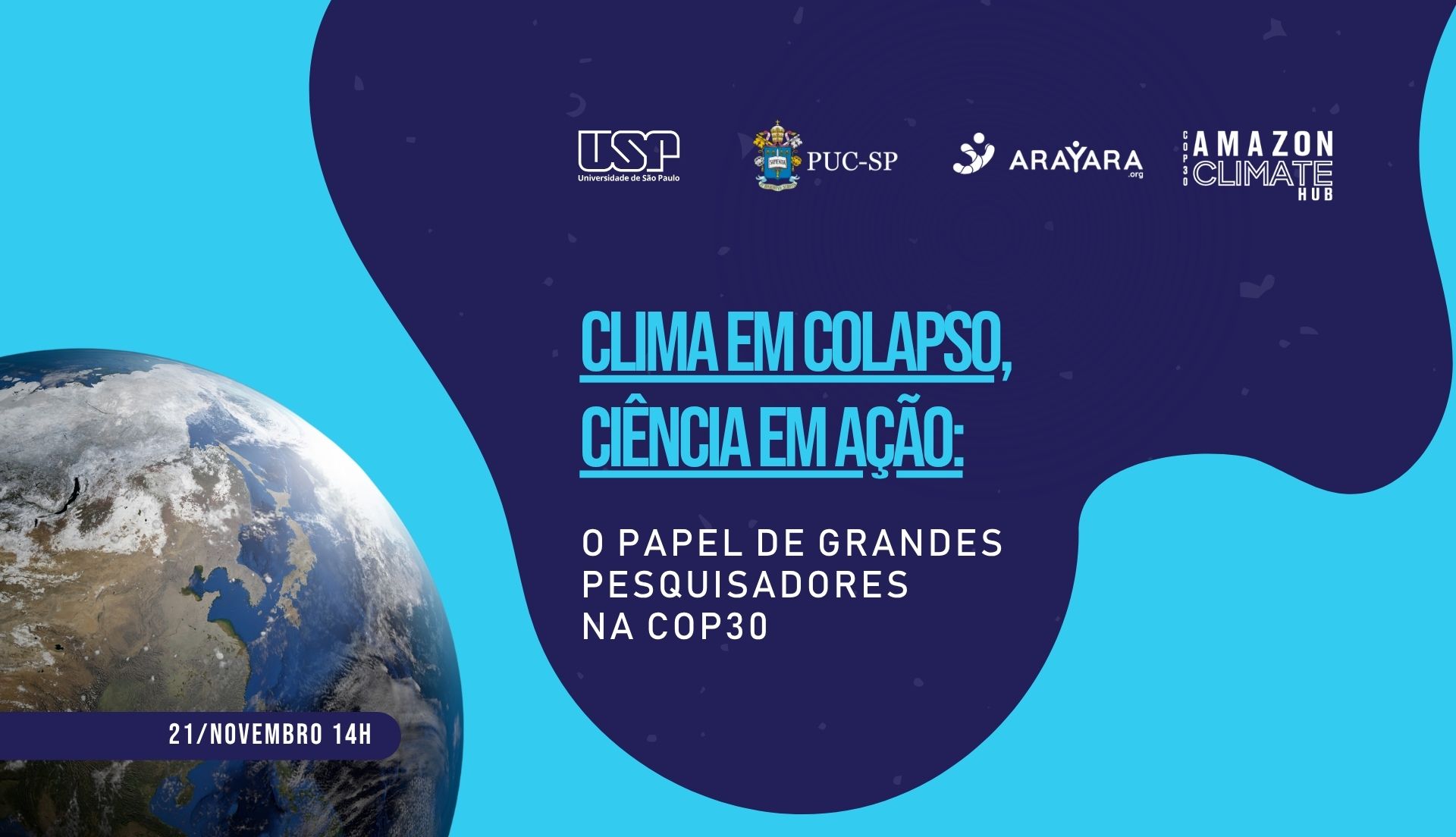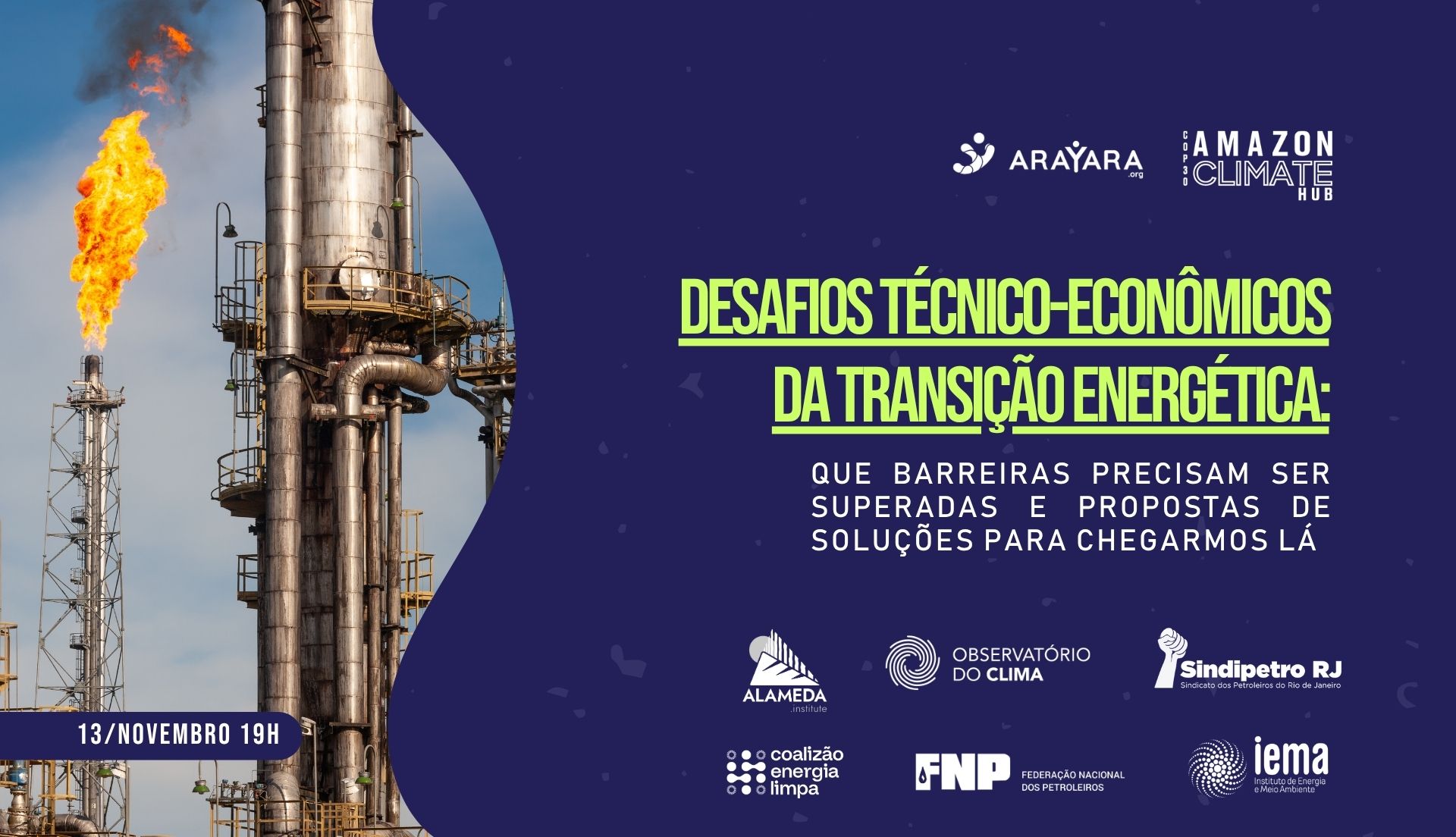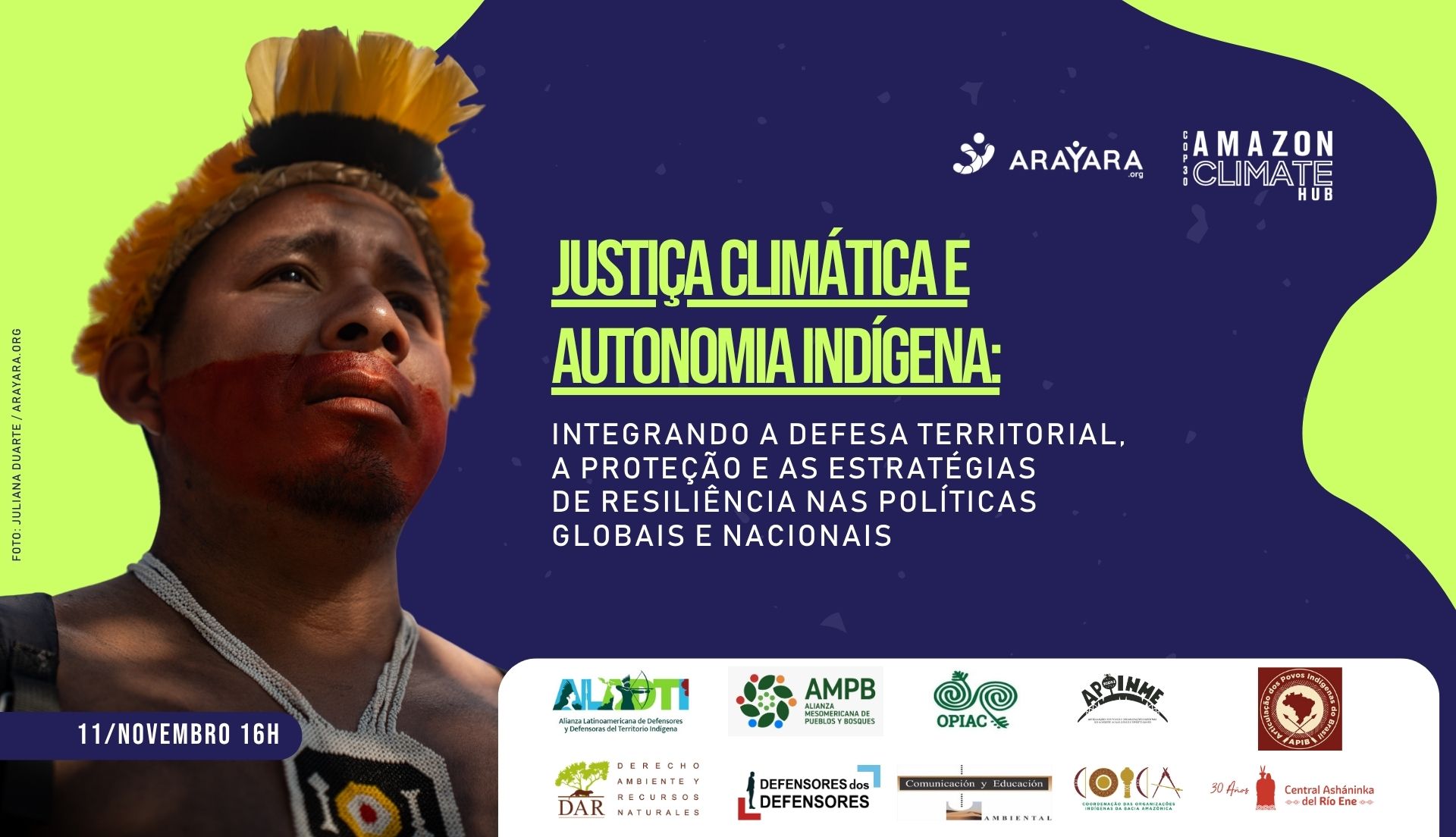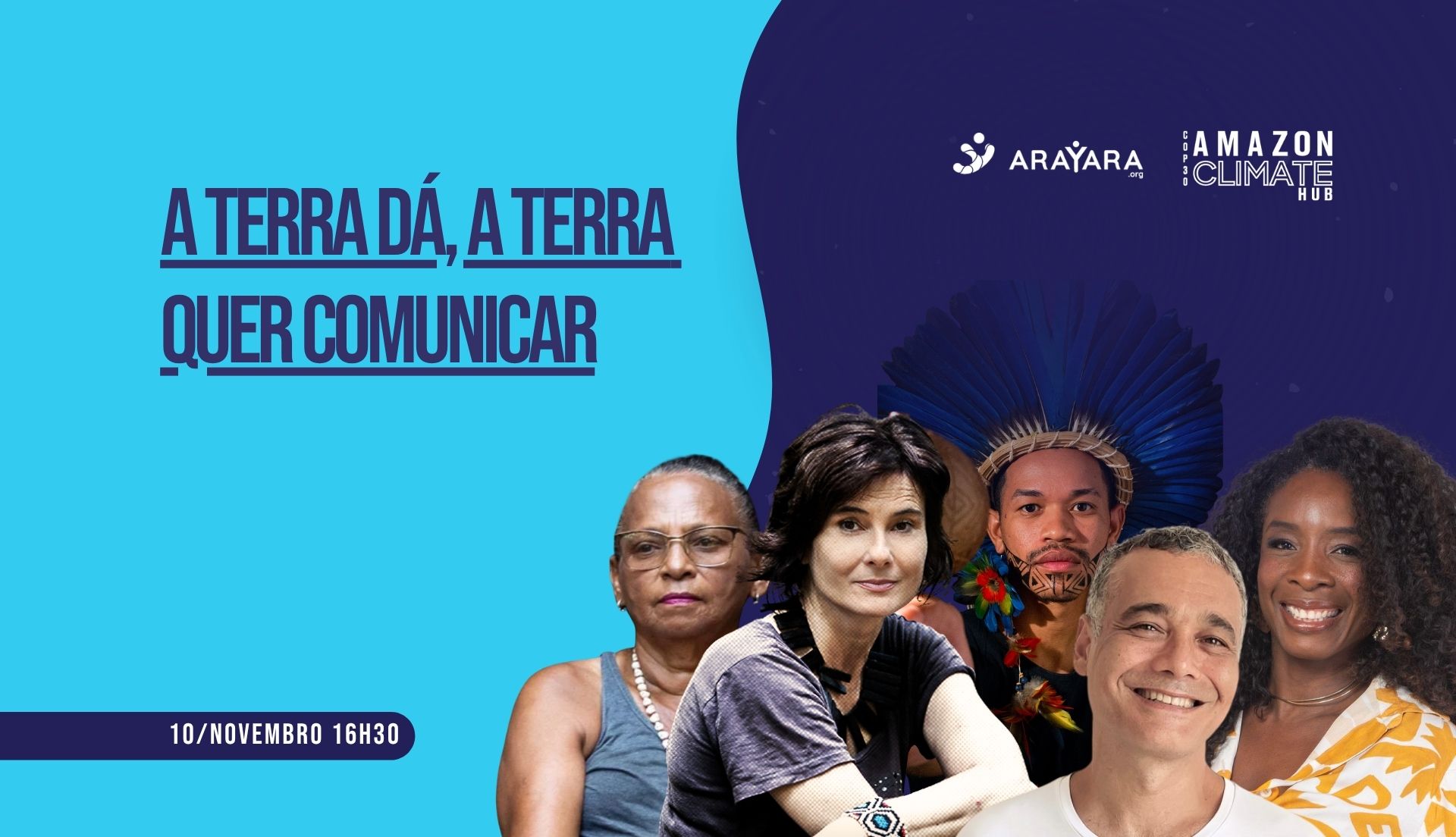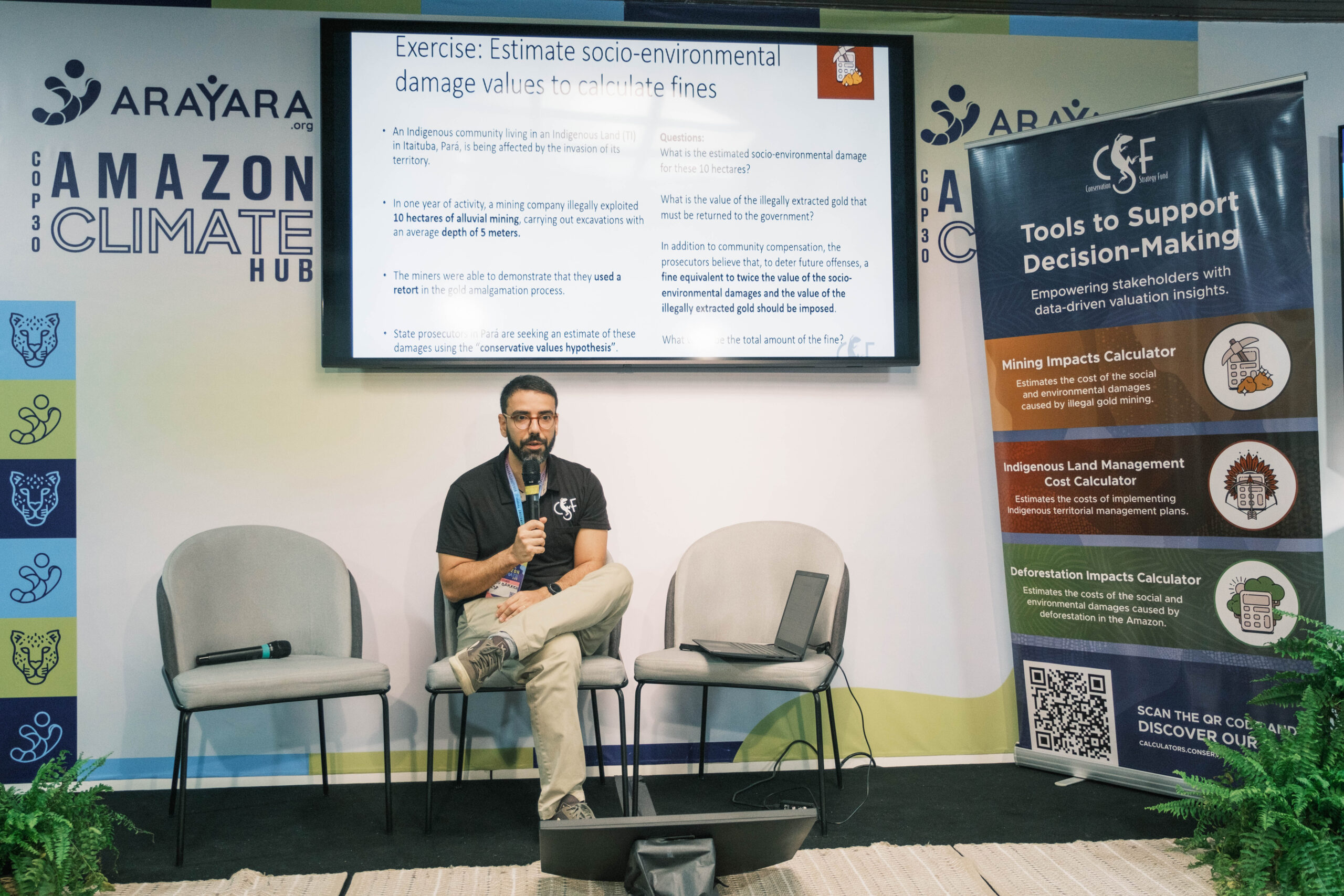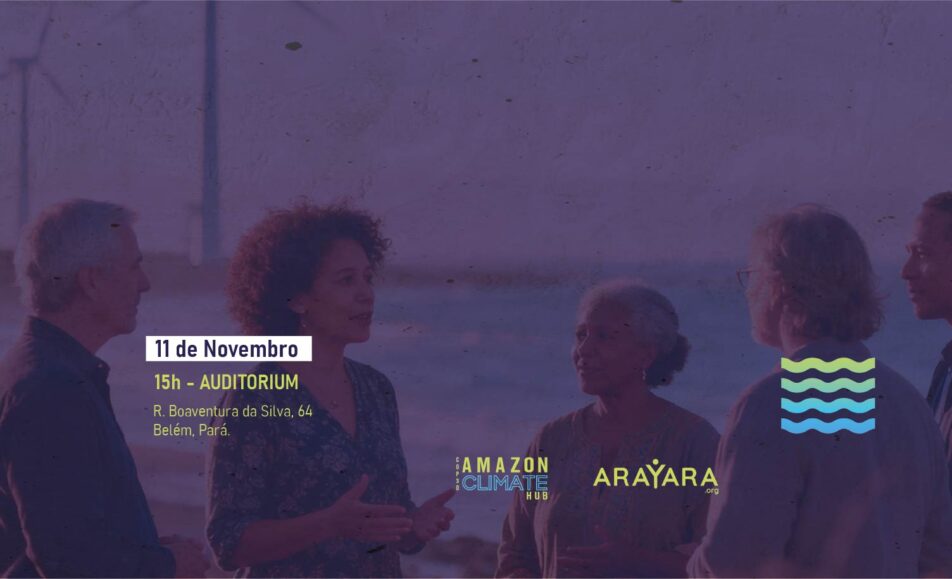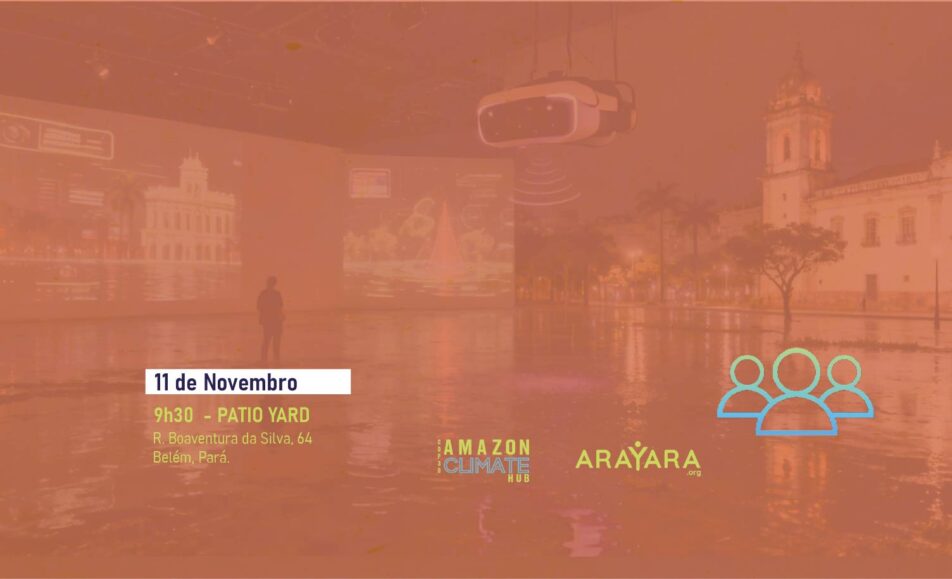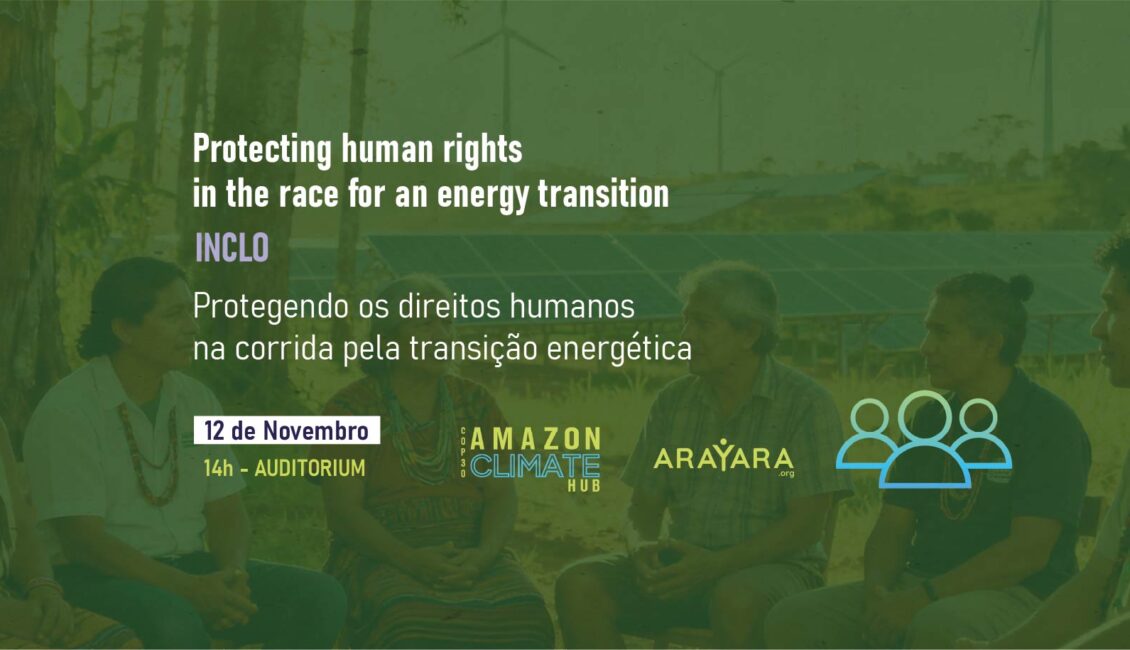
Protecting human rights in the race for an energy transition
In the context of the urgently needed energy transition, we are witnessing the expansion of large-scale renewable projects and the increasing demand for transition minerals, such as lithium, cobalt, or nickel. Coincidentally or not, most of the lands required for such projects are located at the intersection with indigenous and peasant territories in the Global South, leading to growing allegations of human rights violations and environmental harm. However, if guided by principles of justice, the energy transition could not only reduce carbon emissions but also bring many other benefits to countries worldwide, including economic stability, social justice, energy access, improved health outcomes, and strengthened democracy. The question then becomes: Can we continue fighting for an energy transition that doesn’t reproduce the extractive and colonial practices of fossil fuel extraction? In this panel, civil society representatives from five countries (Brazil, South Africa, Argentina, India, Egypt, and Colombia) will share the results of their fieldwork in attempting to answer this question. Organized under the International Network of Civil Liberties Organizations (INCLO), each will offer a distinct perspective, united by a common thread: the vital role of rights to protest, participation, and prior consultation in the path toward a truly just transition. EIPR will share the results of their legal efforts to protect communities in Alexandria, Egypt, from coal pollution. From Argentina, CELS will discuss the impacts of lithium extraction on the rights of indigenous communities in Andean territories. Researchers from Conectas (Brazil) will present the challenges of wind farm projects through analyses of financial institutions and inequality. South Africa’s contribution, by LRC, will be focused on the difficulty of protecting land rights in the African context given that the majority of customary or indigenous land targeted for renewable projects are state owned. Finally, HRLN will share lessons learned from a landmark case of litigation related to hydroelectric projects in the Indian Himalayas. Apart from identifying common problems, the conversation seeks to find concrete strategies to work collaboratively towards safeguarding human rights in the global energy transition.


